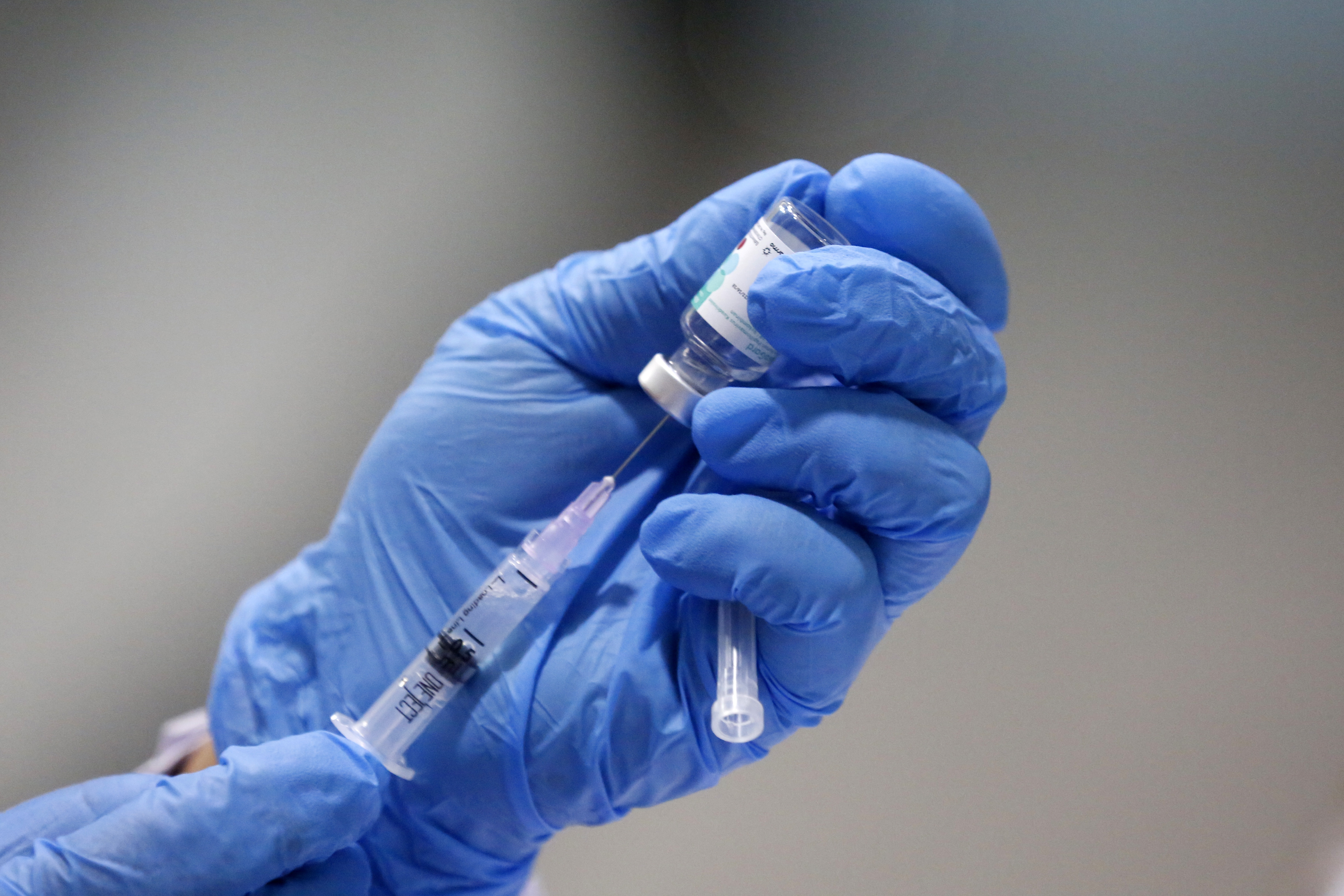Oxford University scientists are developing a vaccine to prevent the deadly disease cancer.
The researchers announced that they plan to "detect the undetectable" and identify changes in cells that begin up to 20 years before a full-blown cancer develops. Professor Sarah Blagdon of the university, who pioneered one of the first vaccines against Covid-19, is co-leading the joint project with pharmaceutical giant GSK. Together they will explore "pre-cancer biology", the Mirror reports.
"Cancer doesn't appear out of nowhere. You always imagine that cancer takes about a year or two to develop in your body, but in fact we now know that cancer can take up to 20 years to develop and sometimes longer as a normal cell turns cancerous. We know that actually at this point most cancers are invisible when they go through this, what we now call, precancerous stage. And so the purpose of the vaccine is not to vaccinate against established cancer, but to actually vaccinate against that pre-cancerous stage," she told BBC Radio 4's Today programme.
GSK and Oxford's cancer immunoprophylaxis programme is funded by the drug manufacturer. The University already has some of the leading researchers identifying tumour-specific proteins. These could be targeted at vaccines that stop the disease returning in people with already established cancer. But this latest stage of research will push the boundaries of medical science even further to potentially vaccinate people against cancer before they get it.
"This partnership represents a step forward in cancer research. Our goal is to unlock the potential of cancer vaccines and give hope to patients around the world," said Prof. Prof Irene Tracey, Vice-Chancellor of the University of Oxford.
"Cancer is a disease that has brought pain and broken the hearts of every family in the country, including mine. But thanks to our world-leading universities and businesses working in sync, as Oxford and GSK are doing here, we can use science and innovation to transform the diagnostic and treatment options for this disease," said Science and Technology Minister Peter Kyle.
Artificial intelligence (AI) will be used to analyse new "detailed microscopic" images of cells in more detail to try to look for patterns in early changes that may occur. Recent advances in single cell genetic sequencing will also be used.
"About three years ago we set up a working group of scientists in Oxford who were up to the challenge of trying to do this. We've been lucky because huge technical breakthroughs have been made that we can exploit, so we can now start to find the undetectable. Based on this, we have been able to understand what characteristics these cells have when they pass on to cancer so that we can develop a vaccine that specifically targets them," added Prof. Blagden.
GSK and Oxford established the Institute of Molecular and Computational Medicine in 2021 to drive research for new medicines.
"We are delighted to further strengthen our relationship with Oxford University and combine the in-depth knowledge of Oxford and GSK scientists. By exploring the biology of pre-cancers and drawing on GSK's expertise in immune system science, we aim to generate key insights for people at risk of developing cancer," said Tony Wood, Chief Scientific Officer at GSK. | BGNES

 Breaking news
Breaking news
 Europe
Europe
 Bulgaria
Bulgaria







